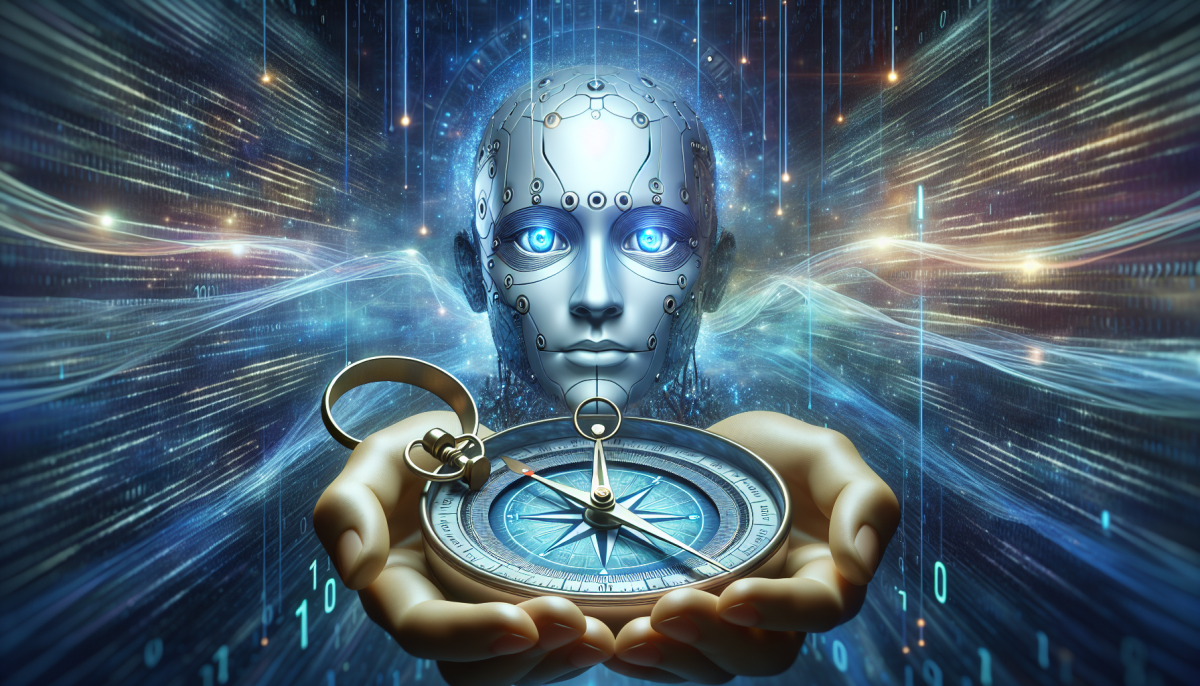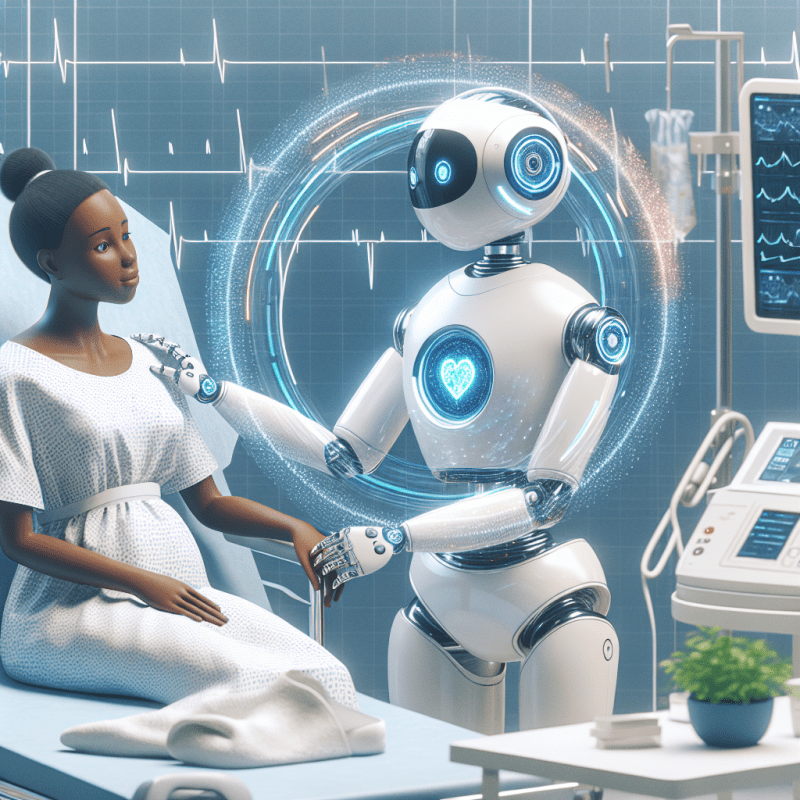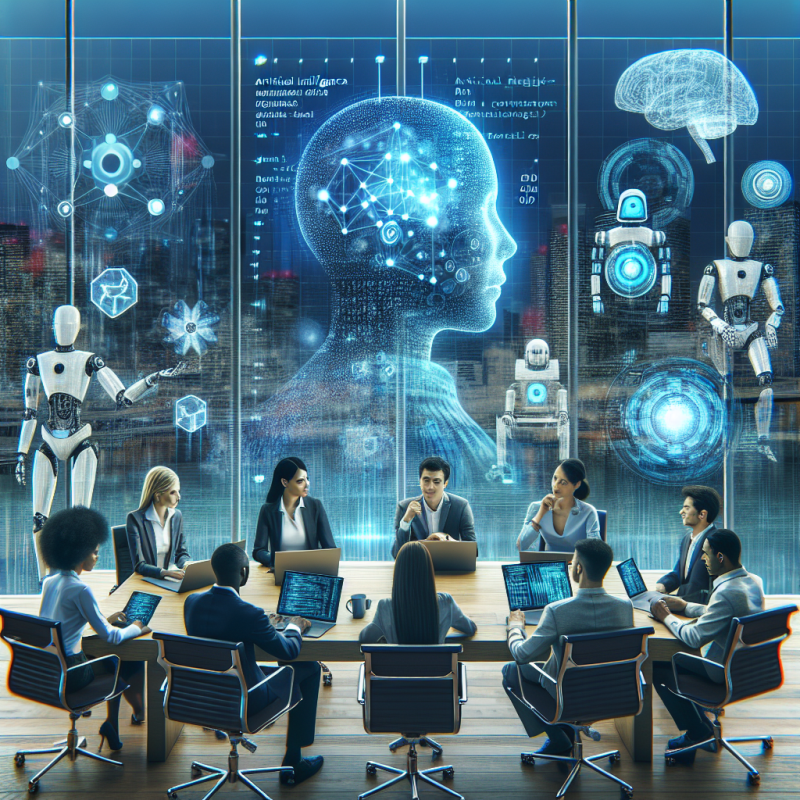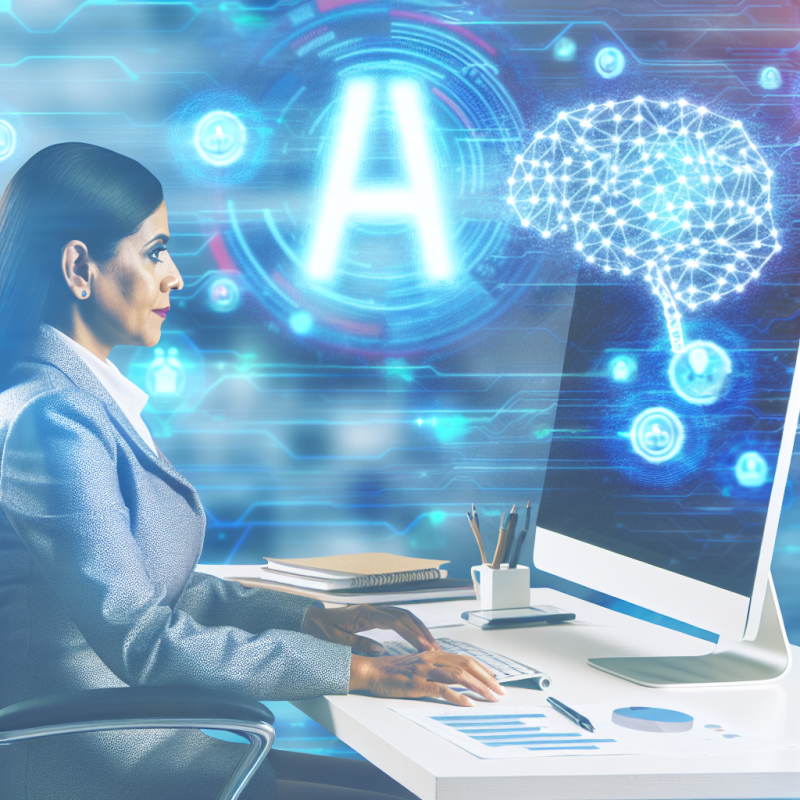AI ethics is a hot topic right now, and it really matters as technology keeps changing our world. Think about it: we use AI in our phones, cars, and even our kitchens. With such power comes responsibility. Understanding the ethical side of AI helps ensure we get the benefits without the risks.
One big issue is bias. If AI learns from data that reflects certain prejudices or stereotypes, it can reproduce those biases in its decisions. For example, if an AI system scans job applications and sees a pattern that favors one gender or race, it might unfairly filter out qualified candidates. It's super important to actively work against this bias to create fairer systems.
Privacy is another concern. AI collects tons of data, often without us even knowing. We share our preferences, habits, and even personal details every day. Protecting this information is key. Companies need to be transparent about how they use our data and make sure it’s safe from misuse.
Lastly, let’s talk about accountability. When an AI makes a mistake, who’s responsible? Is it the designer, the company, or the user? Clear guidelines around accountability help ensure that people can trust AI tools. Everyone wants to feel secure about how AI impacts their lives.
Real-World Examples of AI Dilemmas
Artificial Intelligence isn’t just hot air; it’s popping up in real life, and it’s bringing some sticky dilemmas with it. Let’s chat about a few scenarios that show how tricky things can get.
First up, think about self-driving cars. They’re great for reducing accidents, but what happens when an unavoidable crash occurs? Who’s to blame if the car makes a choice that puts one person’s life at risk over another? Those big questions are knocking at the door of ethics, and they make you wonder how decisions should be programmed.
Then there’s facial recognition technology. It's awesome for security, but what about privacy? Imagine walking down the street and being recognized by cameras without even knowing it. It brings on concerns about surveillance and how this tech could be used against people. Balancing safety and privacy gets super complicated.
And let’s not forget about AI in hiring. Algorithms can help sift through resumes, but they can also pick up on biases. If the AI is trained on data that's skewed, it might favor certain candidates over others unjustly. That’s a big deal when opportunities should be fair for everyone.
These examples show how AI isn’t just about tech, it’s intertwined with our values and society. As we dive deeper into the world of AI, these dilemmas are calling for thoughtful conversations and smart solutions.
Balancing Innovation and Responsibility
Innovation in AI is happening at a breakneck pace. From chatbots that help with customer service to powerful algorithms that can analyze massive amounts of data, we’re witnessing some incredible breakthroughs. But with all this advancement, we also have to think about how we’re using this technology. It’s easy to get excited about the next shiny thing, but it’s super important to remember that we’re dealing with tools that can affect real lives.
One of the biggest challenges is making sure we’re using AI responsibly. This means considering things like privacy, fairness, and accountability. For instance, if an AI system is biased, it can lead to unfair outcomes. Imagine relying on an AI to make hiring decisions or loan approvals. If that system is not designed to be fair, it could discriminate against certain groups. We need to work on building systems that are transparent and that we can trust.
Companies and developers need to keep ethics in mind as they innovate. This isn’t just about following the rules; it’s about creating a culture of responsibility. By discussing ethical concerns early and regularly, organizations can spot potential issues before they become major problems. Open conversations about the implications of AI technology can lead to more thoughtful and inclusive solutions.
Balancing innovation and responsibility might sound tough, but it’s doable. By prioritizing ethical considerations alongside technical advancements, we can harness all the great stuff AI has to offer while also doing our part to protect users and society as a whole. It’s all about fostering a tech space where innovation is used for good and everyone can benefit.
Making Ethical Choices in AI Development
When we talk about ethical choices in AI development, it’s all about responsible decision-making. Developers and companies need to think about how their creations impact people and society. It's not just about building smart algorithms; it’s about making sure those algorithms work for everyone, not just a select few.
Transparency is key. Developers should be clear about how their systems work and what data they use. If users know how their information is being utilized, they can make informed choices. It’s like being open about the ingredients in a recipe—people deserve to know what’s in their digital diet.
Diversity in development teams plays a huge role, too. When people from different backgrounds contribute to AI projects, you get a wider range of perspectives. This can help prevent biases from sneaking into the algorithms. A diverse team can spot potential issues that a more homogeneous group might overlook.
And don’t forget about accountability. Developers should be ready to take responsibility for their products. If an AI system causes harm or makes mistakes, there should be clear paths for addressing those issues. It builds trust when users see that companies own up to their AI’s actions.



